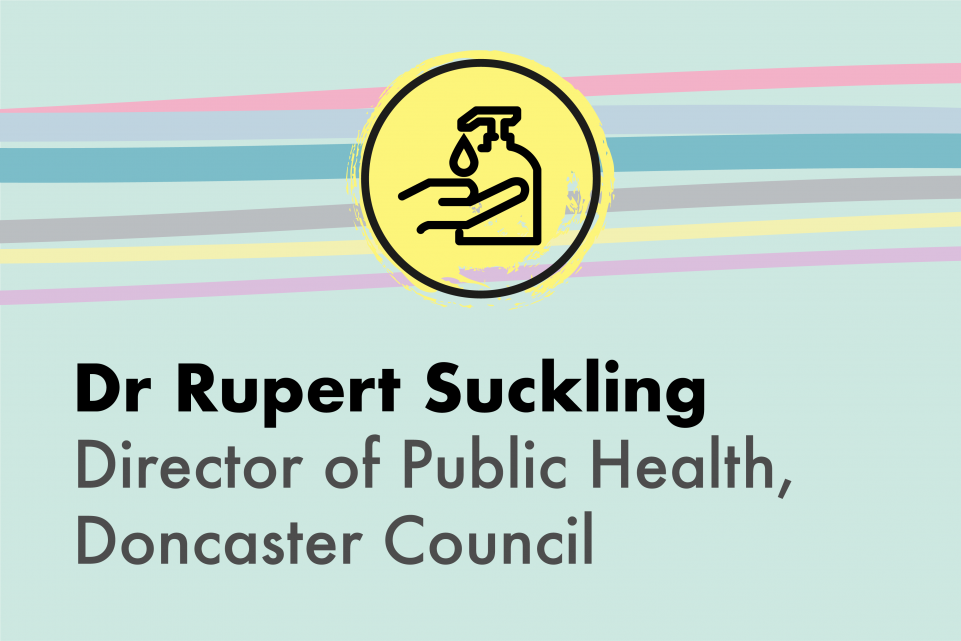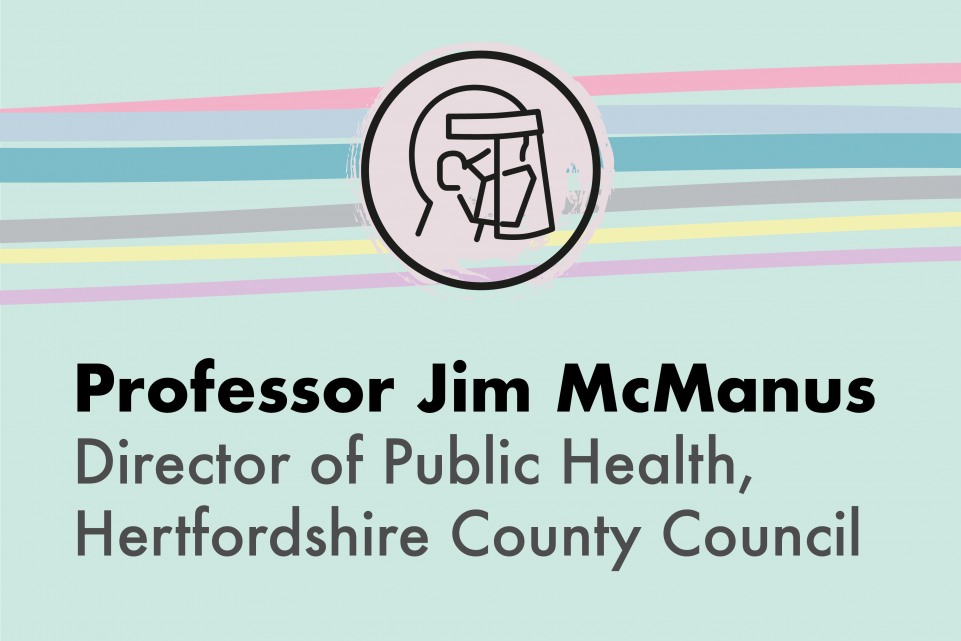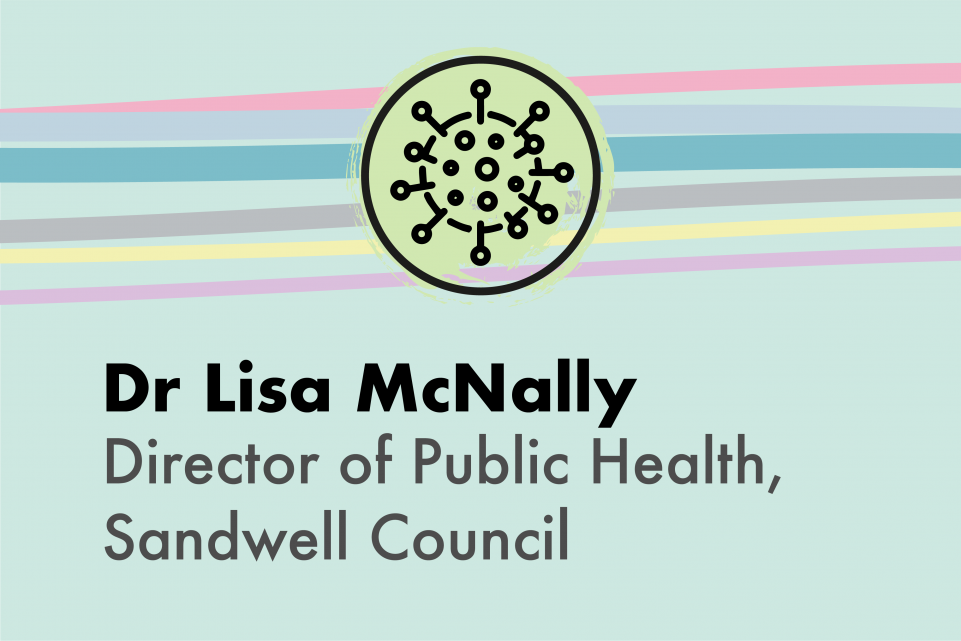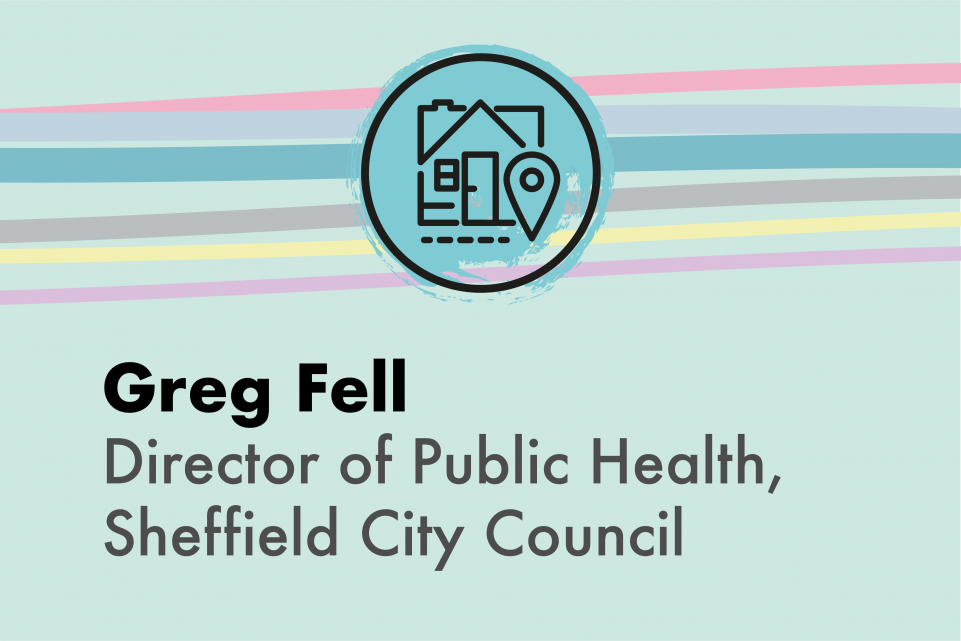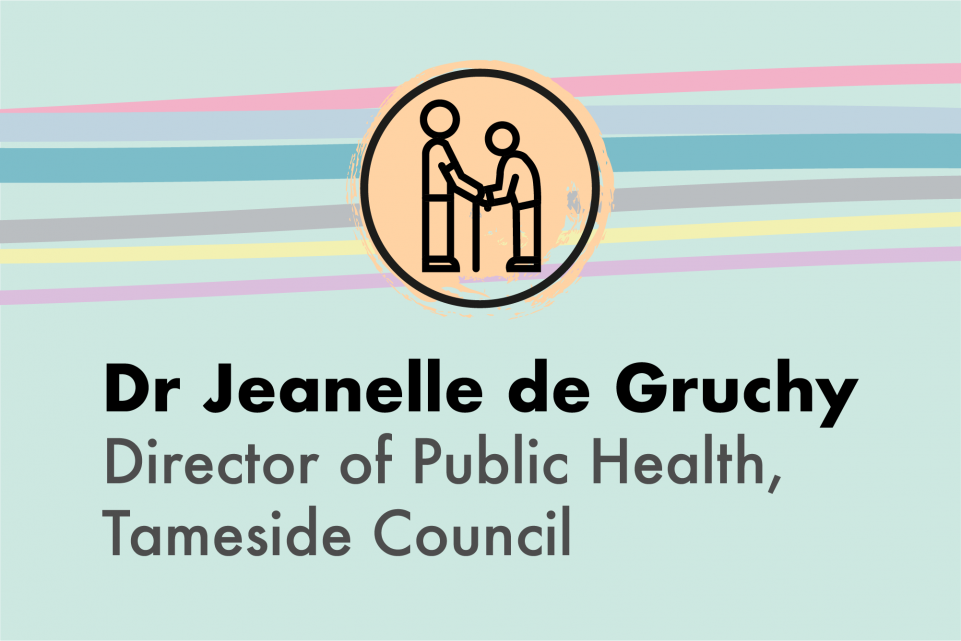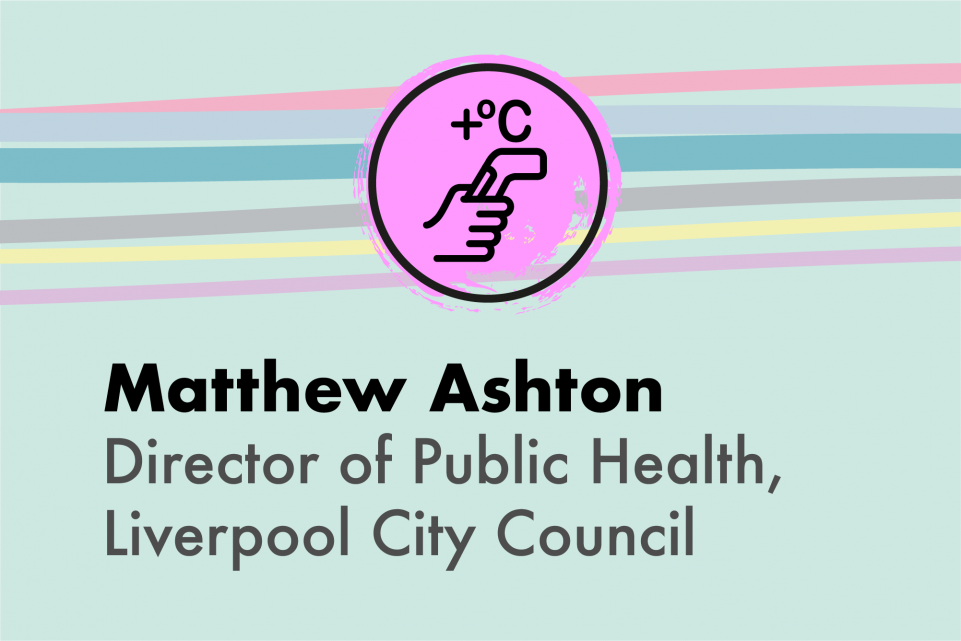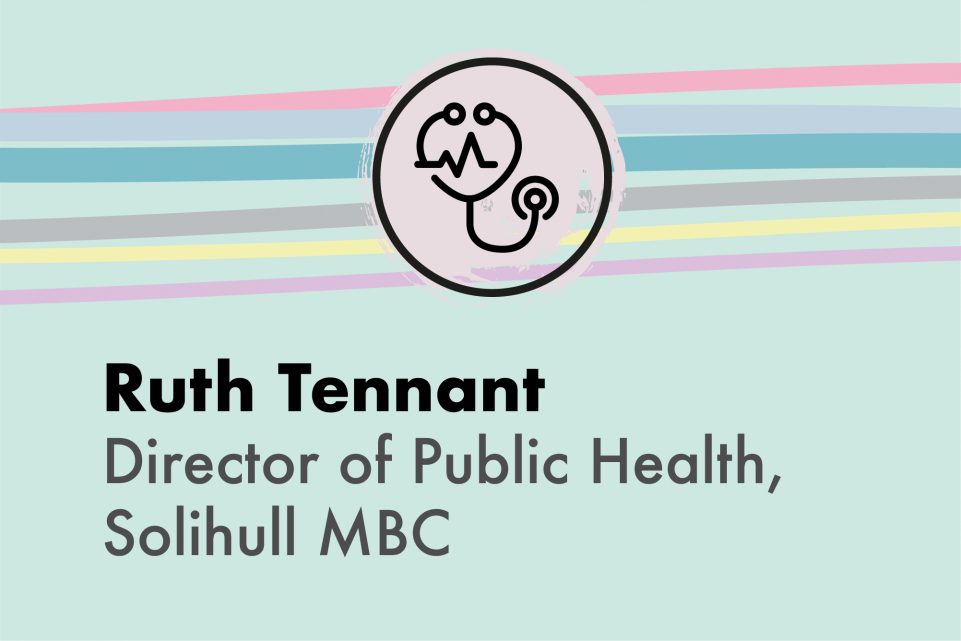Interview with Professor Eugene Milne, Newcastle City Council Director of Public Health.
This is the third installment in a series of interviews with public health directors, published on 7 May 2020.
It was a very early introduction to the coronavirus outbreak for Newcastle Director of Public Health Eugene Milne. He and council colleagues became involved with the first two UK cases as they ended up being treated in Newcastle at the specialist infectious disease unit.
The patients were transferred to the Royal Victoria Infirmary as soon as the diagnosis was made at the end of January. At that time, the NHS was sending all confirmed cases to one of five specialist units with dedicated isolation facilities.
“There was huge interest in the national media,” said Professor Milne. Along with our social housing provider – Your Homes Newcastle – we worked with Newcastle Hospitals NHS Trust to arrange temporary accommodation as the patients were discharged.
It took another month for any more cases to occur in the city. “During that time there were scares and some racial tension – particularly for our Chinese community – but our first local case acquired the infection in the UK. After that there was a trickle more and then it began increasing quite rapidly along with the rest of the country.
“Public interest was really growing. We knew it was important to engage with the media – to give the public confidence. Our communications team have been fantastic. As things began to escalate, they set up interviews and a Facebook Q&A that I did with the Newcastle Chronicle. We have continued briefing the press and using social media to get the important public health messages out.”
Care homes ‘biggest concern’
Professor Milne says the issue that is causing him most concern at the moment is how to protect those in care homes. “They have a very high number of high-risk individuals. It is taking up a lot of my thinking.
“We have outbreaks at more than 20 homes – about 40 per cent of the total in the city. It is very troubling. We are trying to coordinate an approach across a lot of different partners to improve the way they are shielded from the virus.”
He is particularly concerned about the limitations with testing.
“There are basically four main reasons to do testing: one is clinical diagnosis – so we know how best to treat the patient and whether a patient is suffering COVID or something else; then there is screening to detect new cases control outbreaks; thirdly, to allow people back to work; and finally for surveillance, to see what is circulating in the community.
“I am most concerned with the second of those – the potential for testing to find cases when they are asymptomatic but spreading virus.”
‘We need to test staff without symptoms’
He said he was struck by research published in the journal Nature Medicine that suggested close to half of infections were passed on by pre-symptomatic or asymptomatic patients. “I would like to test care home staff who are not showing symptoms – I think it is only through that that we will be able to bring outbreaks under control and potentially stop them happening in the first place. But the national guidance at the moment says we can’t test people without symptoms.”
There are other steps that are being taken to protect care home residents. “Care homes are ‘cohorting’ to keep residents apart and we are doing our best to ensure there are sufficient stocks of PPE – that has been a skin-of-the-teeth operation at times.
“The guidance changed just before Easter – more equipment was needed for those working in the community. It made it very hard.
“We are also using step-down facilities so when patients are discharged from hospital they can isolate for an appropriate period.
“There is a fear that patients coming out of hospital are bringing the virus into care homes. I am not sure how often that is true – but by using step-down facilities we can give people some confidence and guard against infections acquired in hospital. I think staff passing on the virus unwittingly is a bigger issue – and that is why I would want to do asymptomatic staff testing.”
Regionally the North East is trying to bring more coordination to the testing regime. There are three local resilience forums across the regions that are working together with the local hospitals.
“The approach to testing nationally has not been very coherent. We are not using the full capacity that is there. We have Public Health England, hospital labs and a drive-thru facility at IKEA in Newcastle. We are trying to get a grip on it across the region.”
Keeping other services going
A lot of work has also had to be done to reconfigure services across the council, Professor Milne said.
“There are services we have had to keep going – in public health, for example, our 0-19 service given the importance of early life for future health. And we are anxious that immunisations are maintained – we don’t want to see outbreaks of measles or flu adding to the problem of COVID.
“The sexual health service is another important one. We have been able to bring in school nurses to support the service in a different way – and we have seen a fantastic response in maintaining drug and alcohol services in the face of enormous difficulties.
Changes have also had to be made to other services, such as refuse collection. Minibuses have been arranged to ferry staff around during their routes, ensuring social distancing guidance is kept to.
Redployment has also been important in supporting vulnerable groups. “We have used library staff to support with food supplies. Obviously, there has been a lot of work that has gone on to help the people who are being shielded. But we have not stopped there.
“We have been trying to support other at-risk groups, offering help where it is needed in a similar way to the flu at-risk group, and our City LifeLine telephone support service has been really busy. We know the consequences of lockdown for many people who are not in nominated at-risk groups are severe - there are people who normally work on zero-hours contracts, for example, who are really struggling.
“The West End Food Bank normally relies on food donations from Newcastle United crowds, but that isn’t happening anymore. So the council team has stepped in with support for safe ways of working, distribution and, where necessary, directly funded food purchasing.
“It has required a massive effort, supported by charitable donations, businesses donating food and volunteers – a real community effort. Some of the people in the shielded group didn’t realise they had to reply to the government letter, so we have had to step in there too.
“I have been enormously impressed by the response of councils. They are the public health bodies – they just have public health teams in to allow them to do that. A lot of what they have done is unsung and under-appreciated.
“What I have seen has amazed me. The council has thrown itself into helping people. Staff have really gone that extra mile. I’m very proud of my colleagues.”


